Race and Religion: An Intersection, A Shared Struggle
Antisemitism. Anti-Blackness. They aren’t mutually exclusive.
With the continued rise of antisemitism, mainstream media coverage of the Jewish community follows suit, but the struggles of non-Ashkenazi* Jewish people are often excluded.
Raven Ariel, a Black Jewish digital creator, raises awareness about these struggles by publicly sharing parallels between their struggles as a Black person and a Jewish person.
Navigating comments about the validity of their Blackness and Judaism rank high on the list. Ariel finds it “odd” when people say someone acts or looks Jewish or Black, which likely alludes to prejudiced stereotypes about the facial features and behavioral traits of Jewish people and Black people.
Similar to the prejudiced expectation that all Black people know everything about the Black community, Ariel also noted the pressure put on Jewish people to know everything about the Jewish community.
Ariel asserted that people “arrive at [their] black Jewishness in so many different ways, and part of this is made possible by the fact that Judaism is an ethnoreligion, so you can be ethnically Jewish, religiously Jewish, or both.”
People arrive at [their] black Jewishness in so many different ways, and part of this is made possible by the fact that Judaism is an ethnoreligion, so you can be ethnically Jewish, religiously Jewish, or both.
— Raven Ariel
Joshua Maxey, a gay Black Jewish man and Executive Director of Bet Mishpachah, attested to this diversity: “Two or three weeks ago, I was in Israel for the first time…I was personally struck by the amount of diversity that was in Israel, but then dumbfounded by the racism. The blatant racism that is either outwardly or codified in laws.”
Maxey also highlighted the antisemitism and anti-Blackness in both the Black community and Jewish community. He referenced a 2021 study conducted by the Jews of Color Initiative of over 1,000 self-identified Jewish people of color from across America.
The study revealed that 77% of respondents felt it’s “usually, often, or sometimes difficult for [their] various identities to co-exist in predominantly white Jewish spaces,” and 68% said the same of “predominantly (non-Jewish) BIPOC* spaces.”
Maxey pointed out that this worsens when people don’t use “strategic thought about how [they] react” to minorities tearing each other down.
Referencing Kanye West’s and Kyrie Irving’s antisemitism, Maxey confessed: “I’m still taken aback, to be completely honest. As a Black man, to see folks use this as an opportunity to unleash all sorts of racism toward Black people…If we’re not trying to understand where these ideas and ways of thinking come from, then all we’re doing is creating this vacuum of repetitive outrage.”
If we’re not trying to understand where these ideas and ways of thinking come from, then all we’re doing is creating this vacuum of repetitive outrage.
— Joshua Maxey
Ariel also shared similar sentiments by stating, “We have to stop thinking of the Jewish community and the Black community as discrete entities. Black Jews exist, and always have. Furthermore, antisemitism and anti-Blackness are intertwined methods of discrimination. Our freedom struggles are more enmeshed than we realize.”
*Ashkenazi Jewish people are of European descent, but there are also Sephardic Jewish people of Spanish and/or Portuguese descent, Mizrahi Jewish people of Middle Eastern descent, and Jewish people of African, Asian, and Indigenous descent
*Black, Indigenous, and other People of Color (as defined by the Jews of Color Initiative)
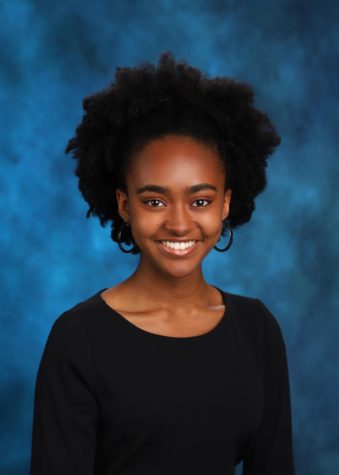
Obse Abebe, a B-CC senior, serves as one of The Tattler's Editors-in-Chief. Her passion for journalism stems from her desire to empower the masses with...

Claire Wang, a B-CC senior, serves as the Co-Director for The Tattler's Art Team and a contributing writer. She also has two dogs and two cats.


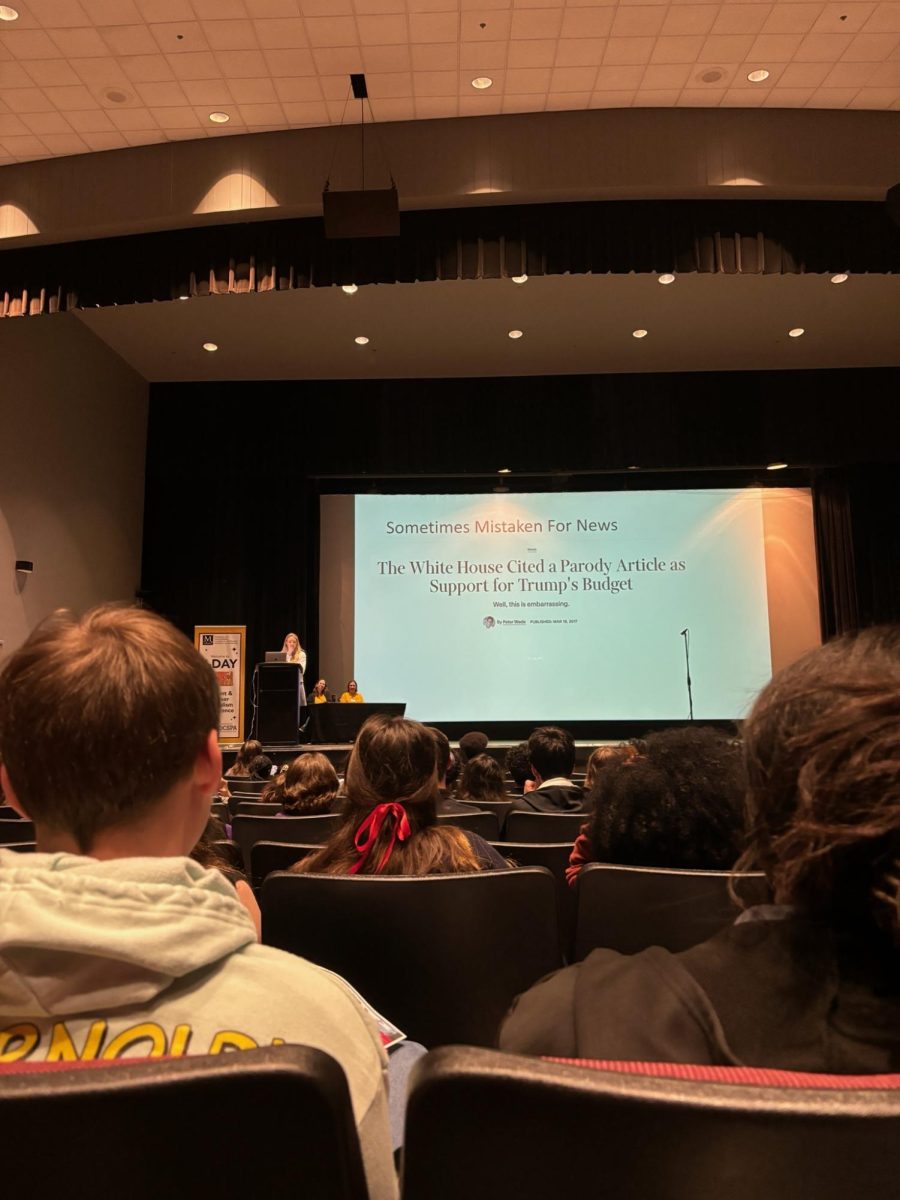


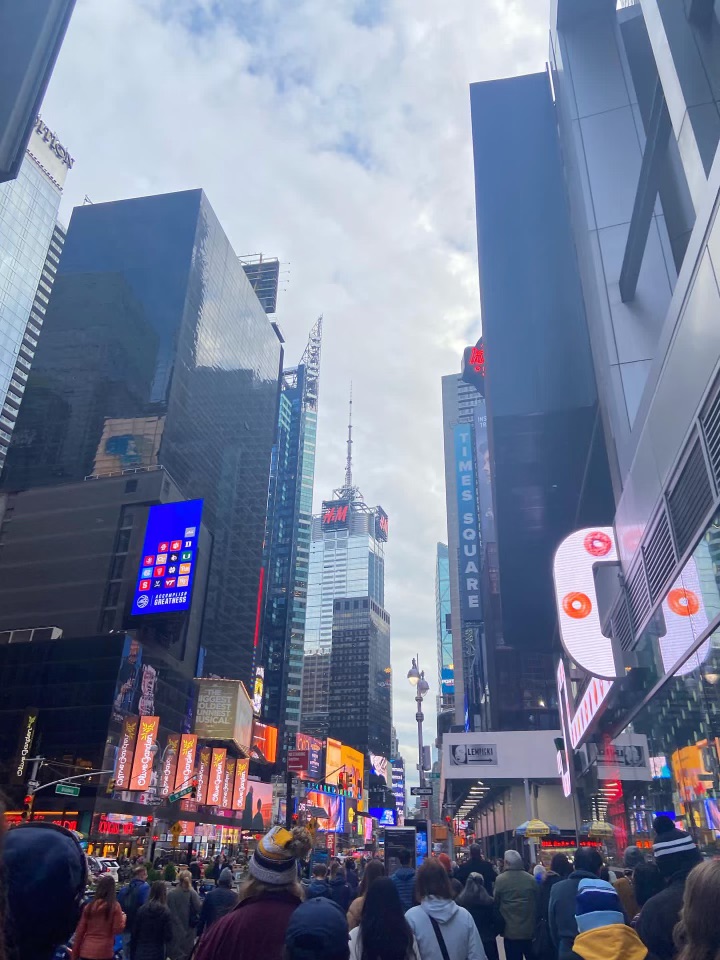






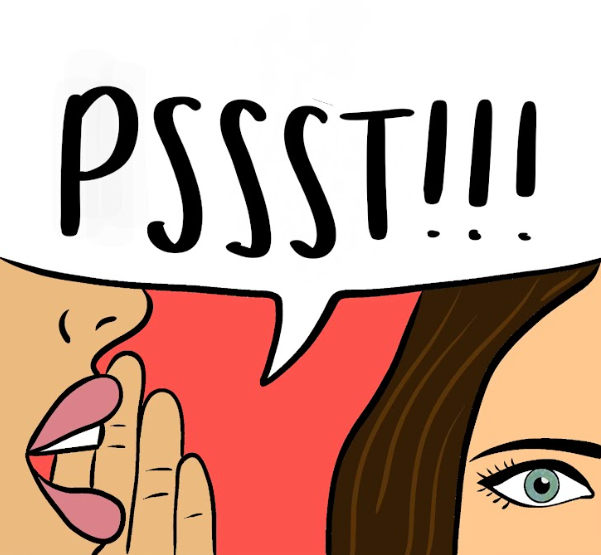

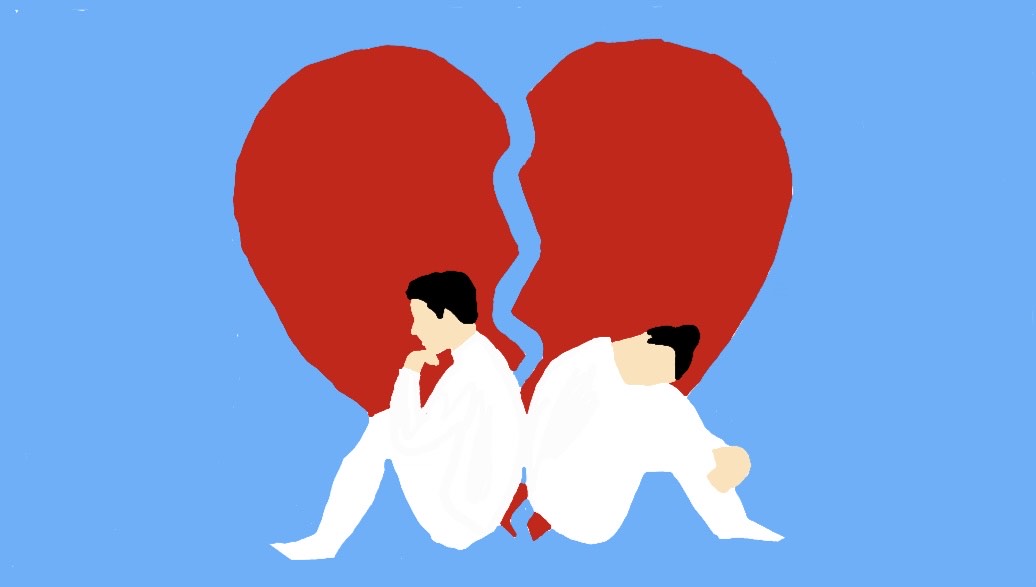
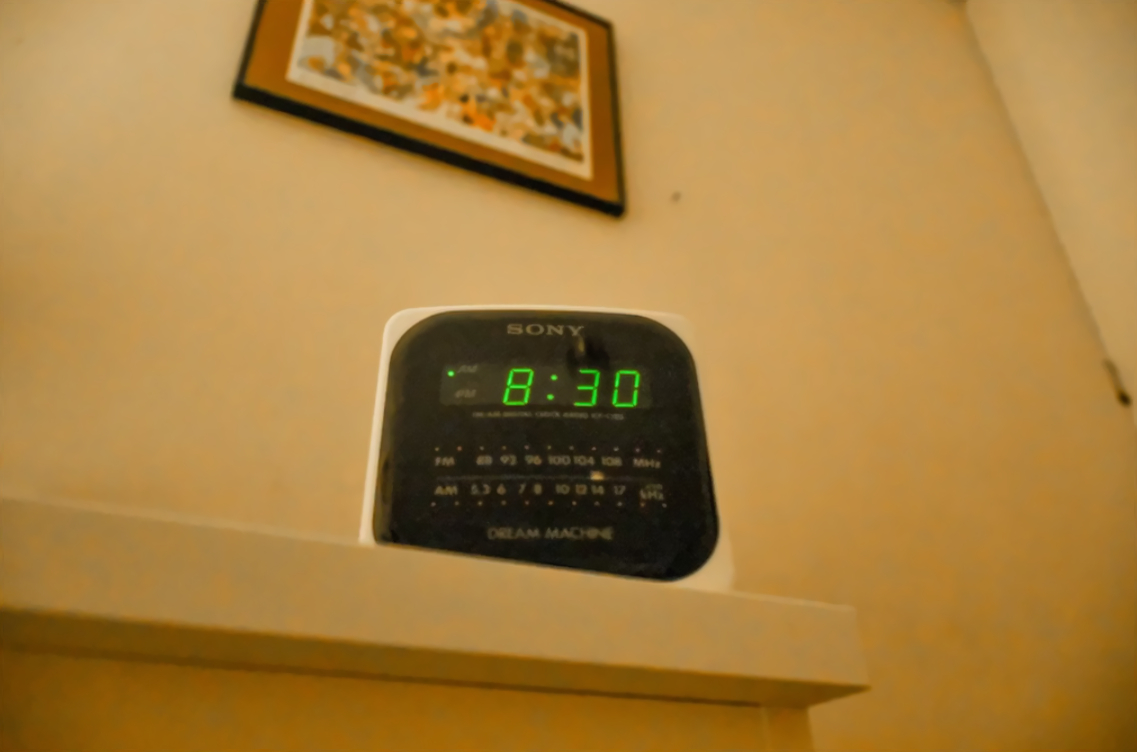
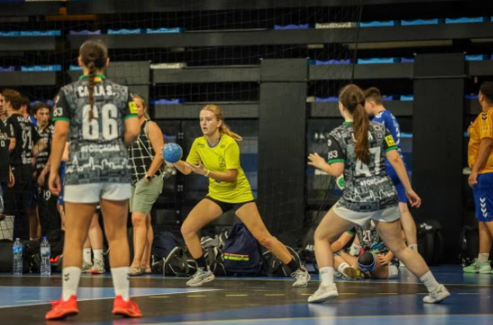

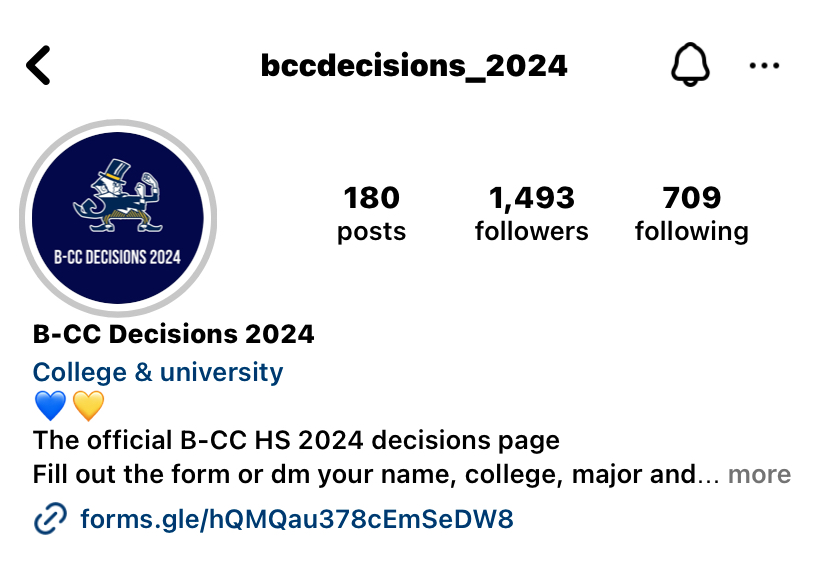
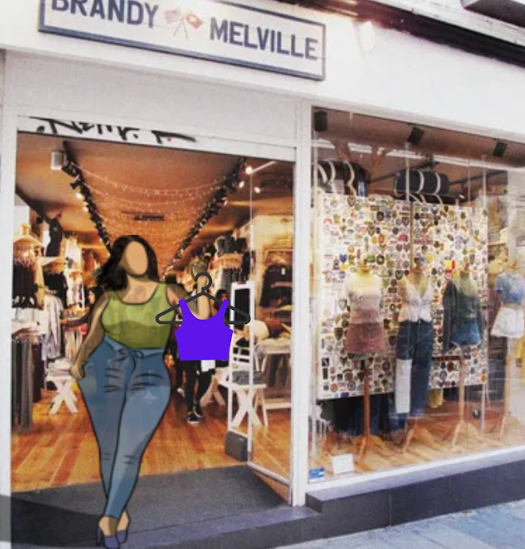
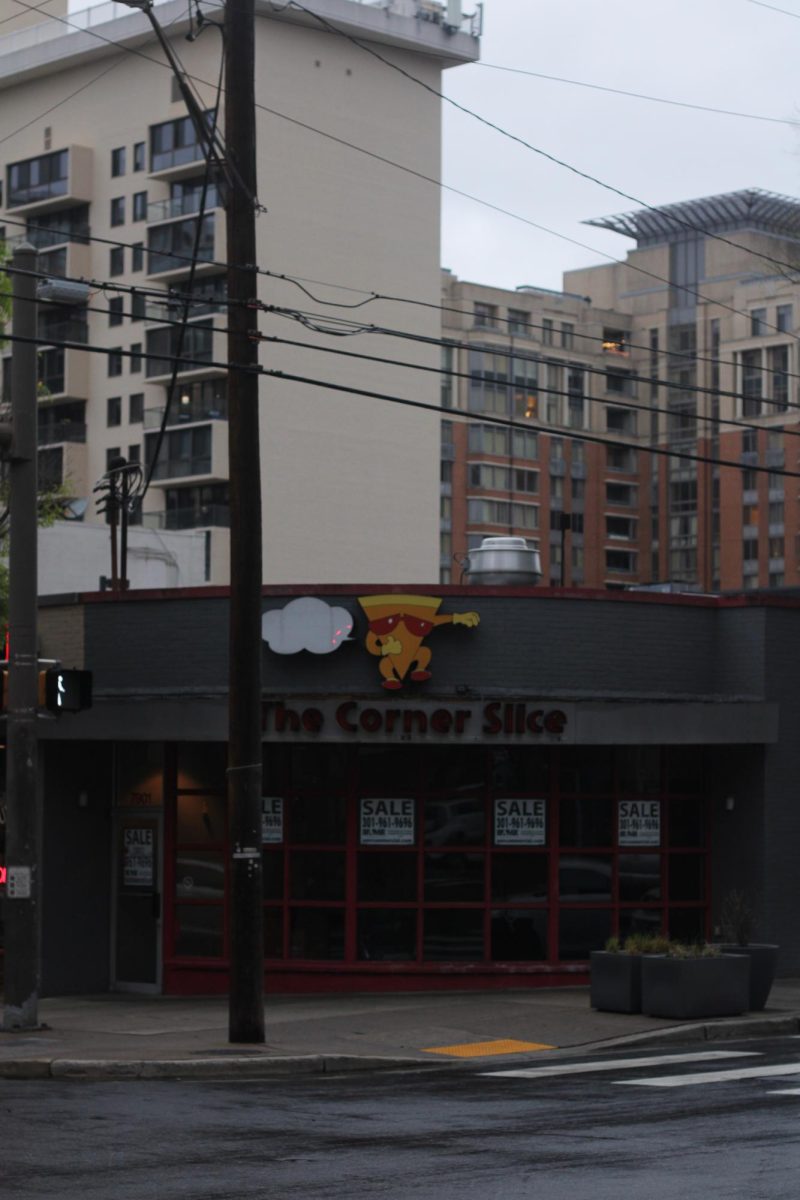
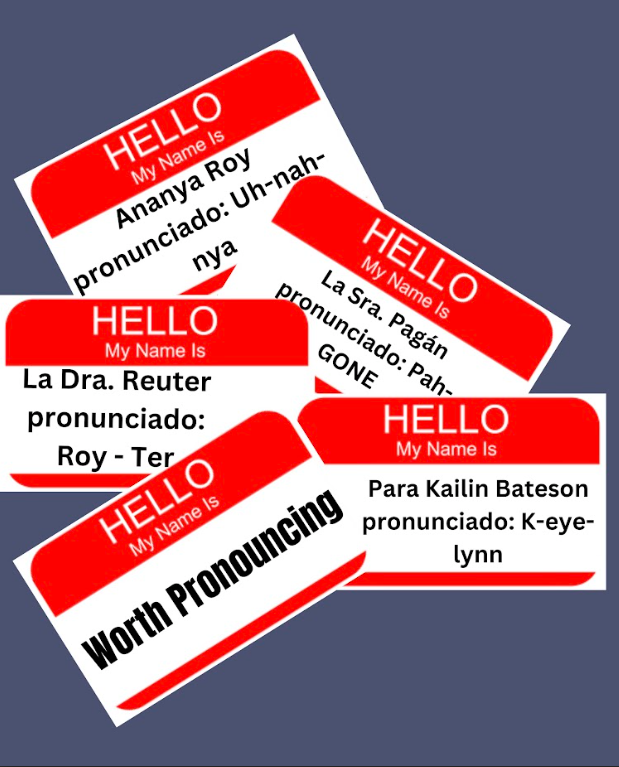
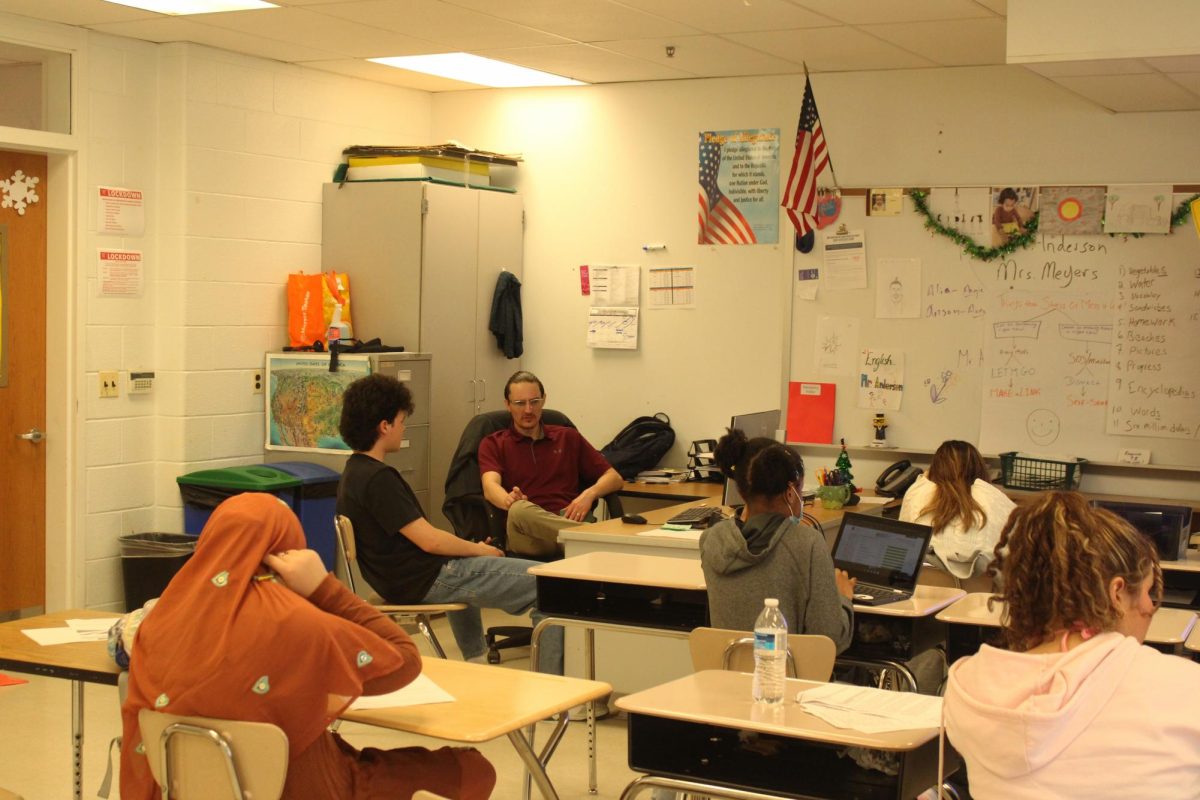


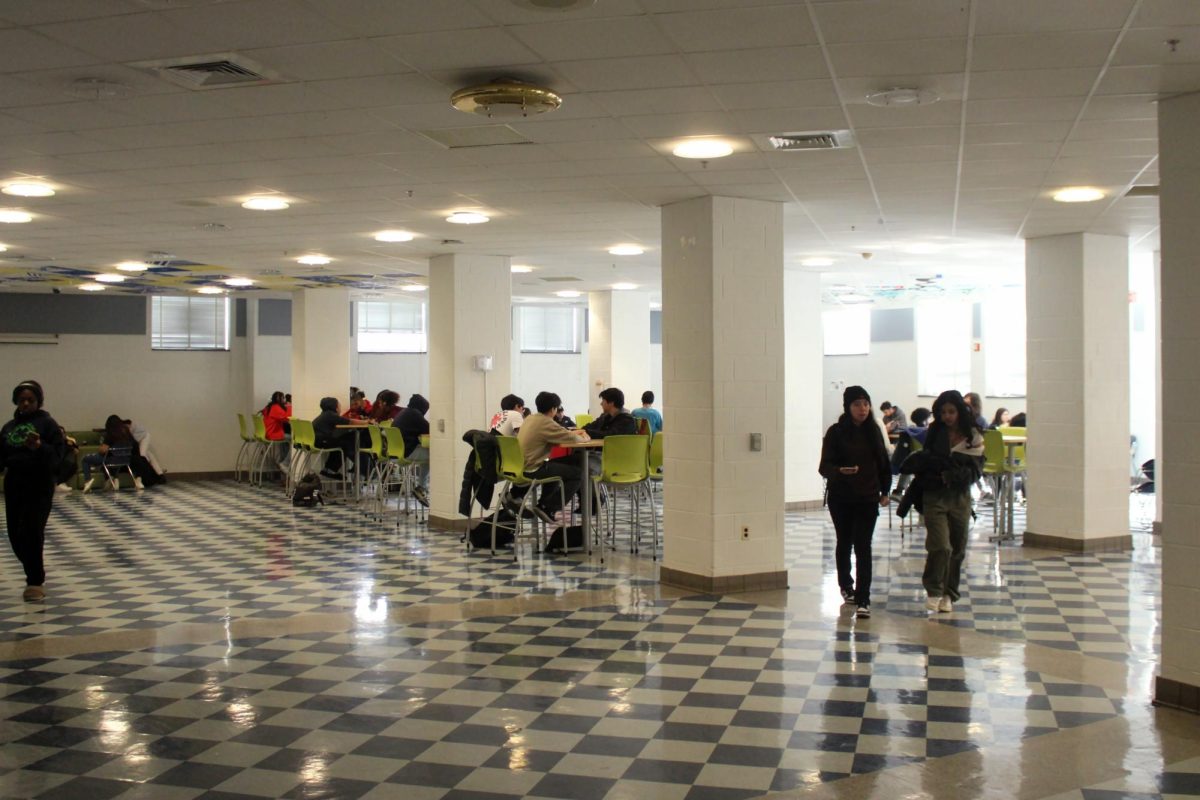

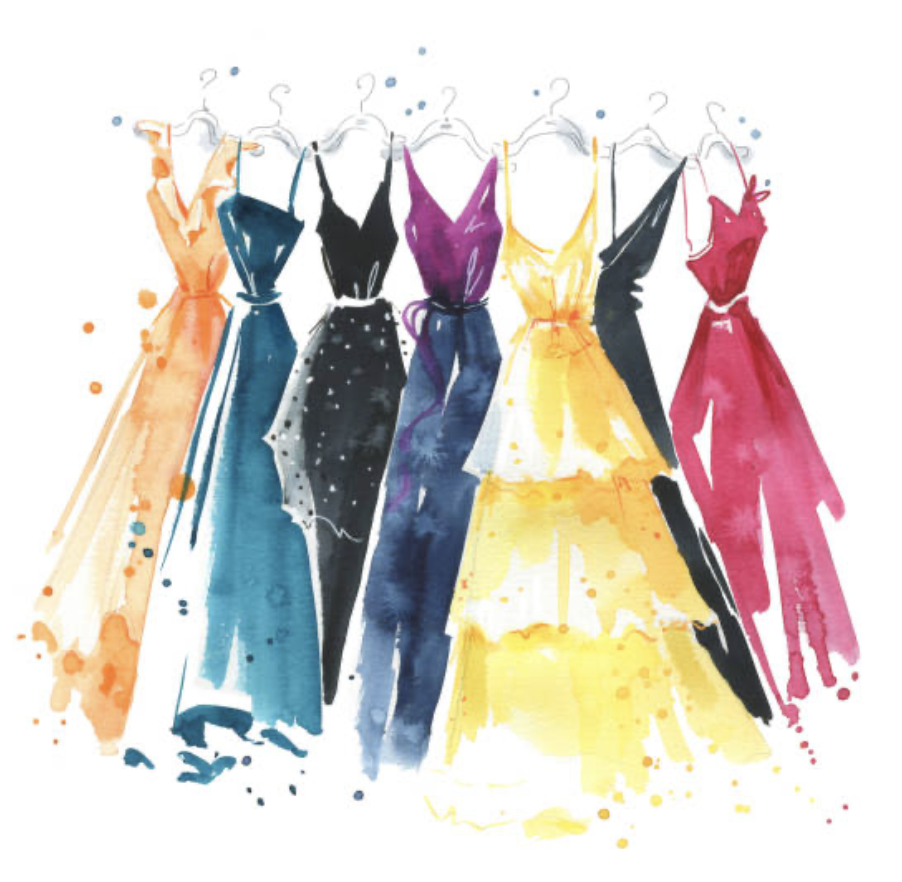

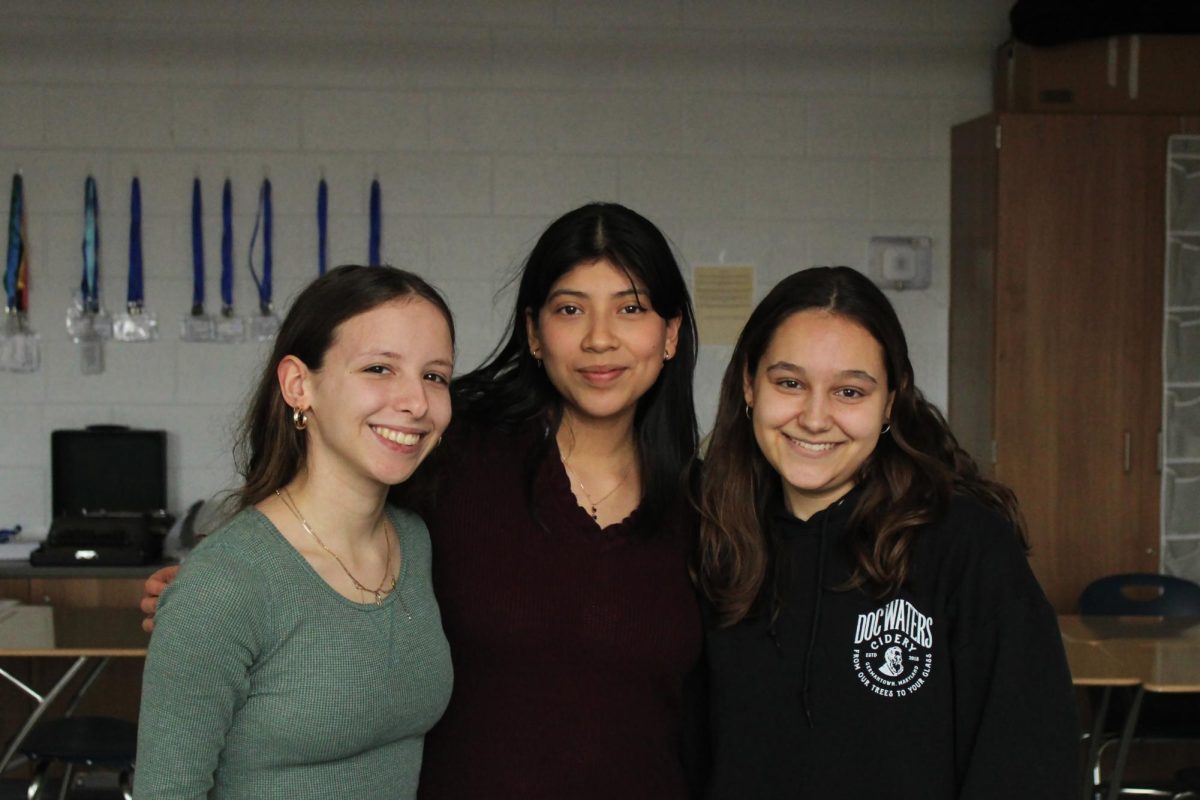

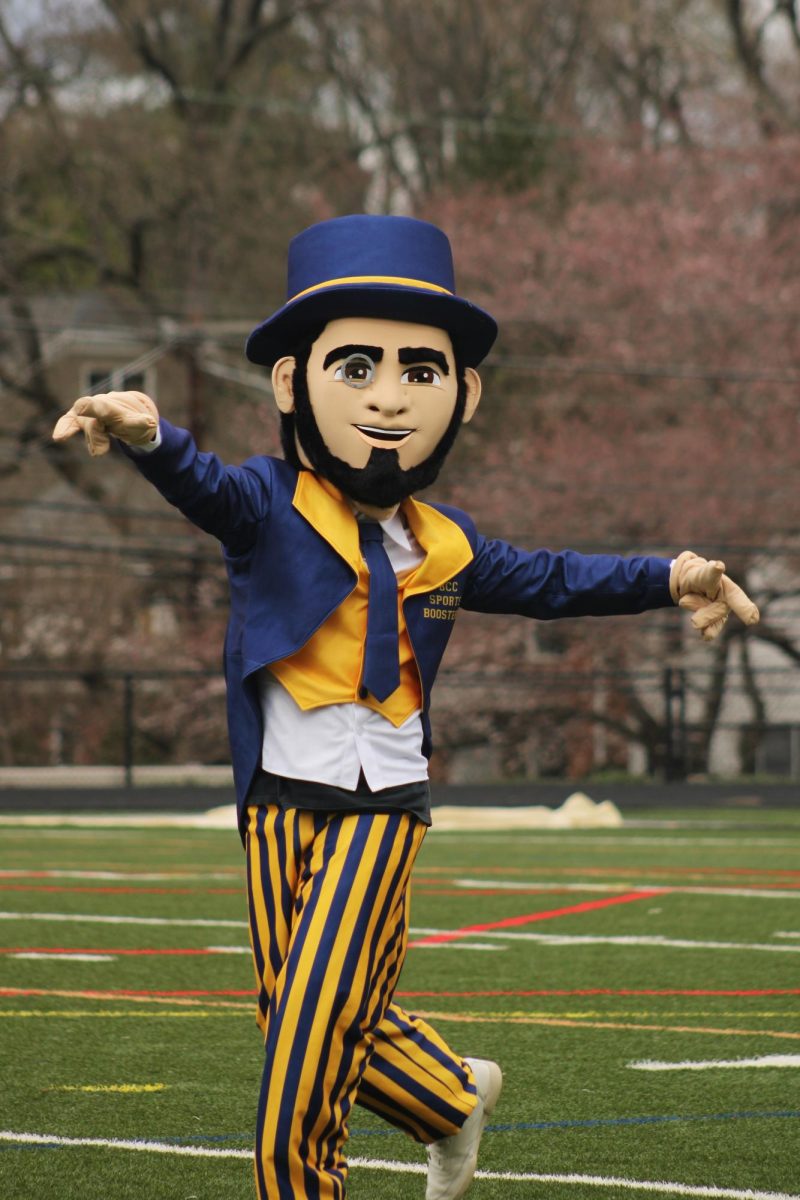
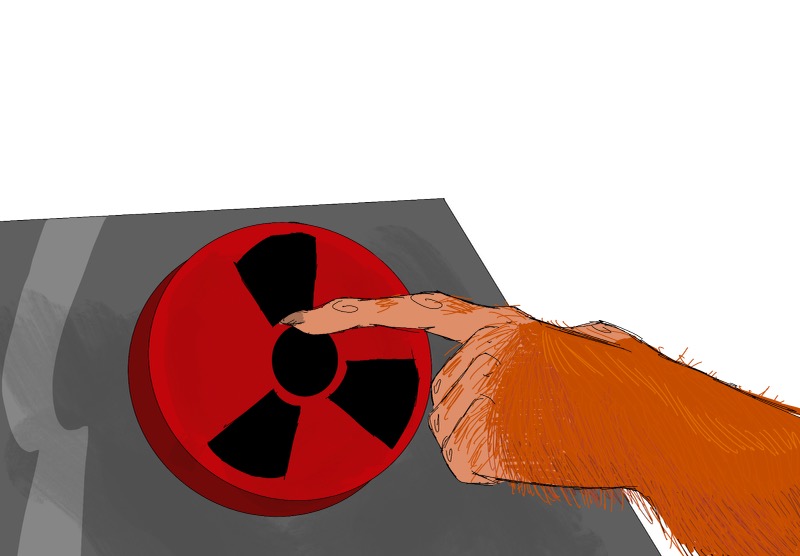
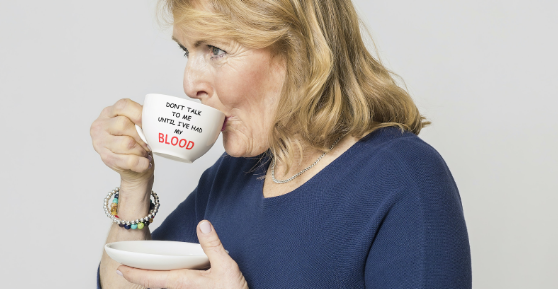
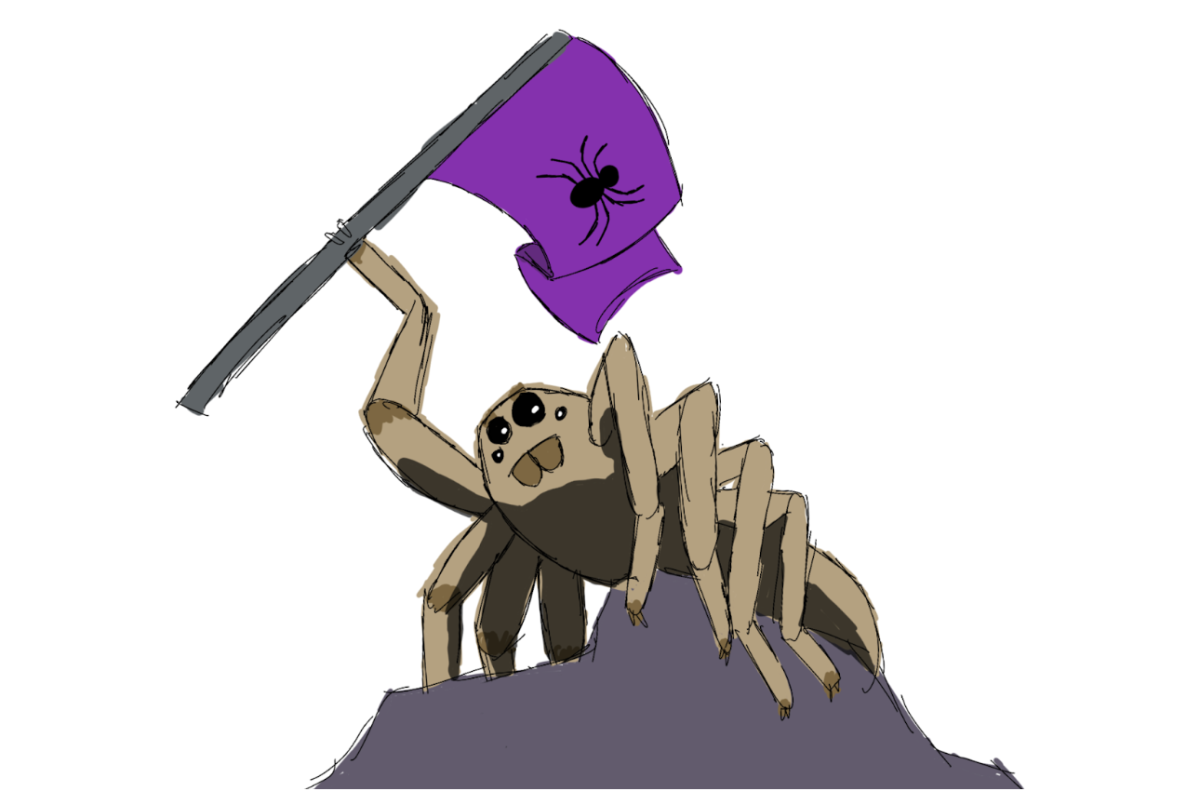
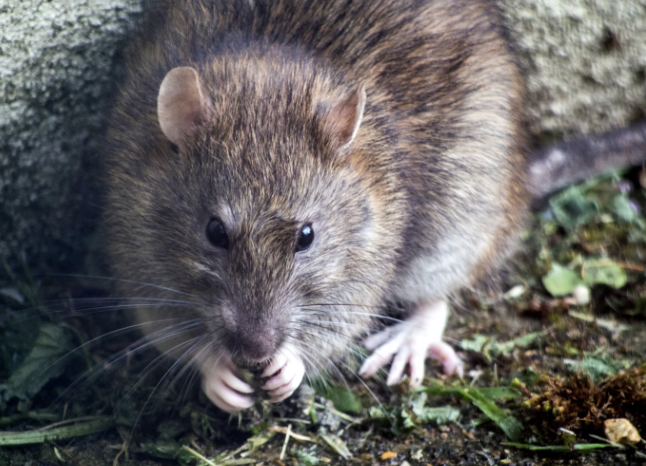


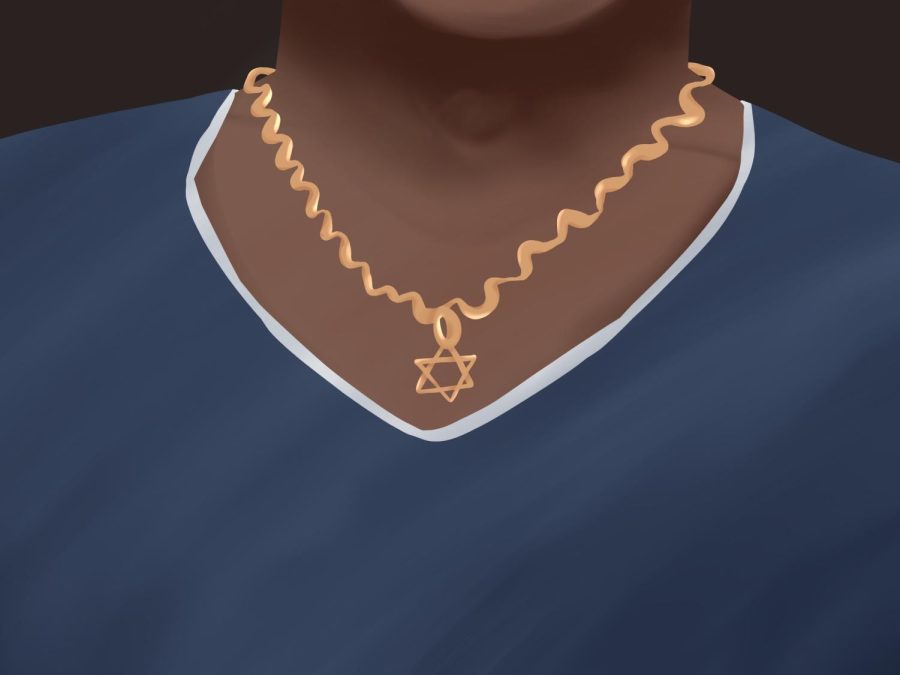
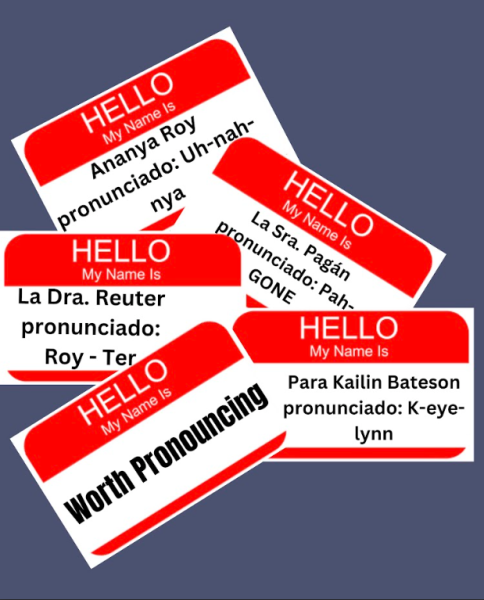
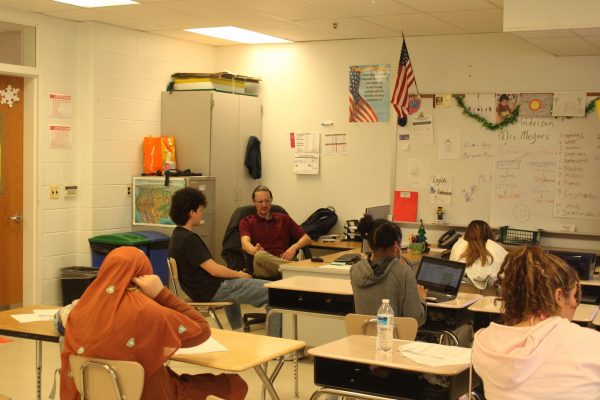


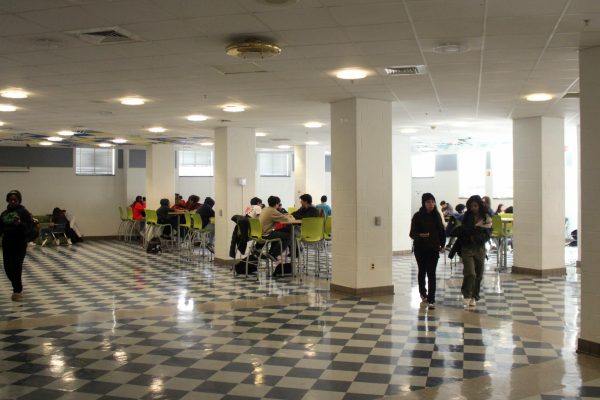

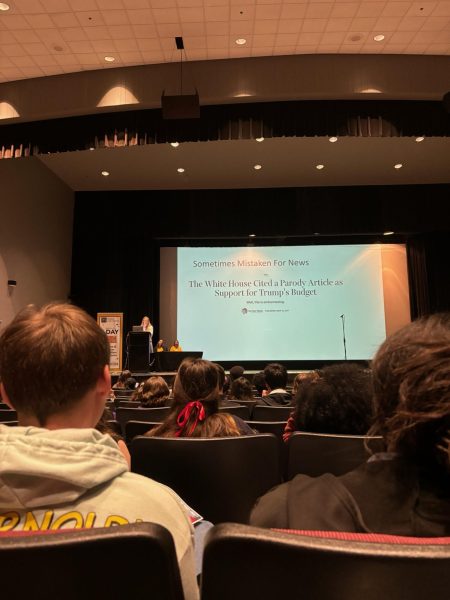
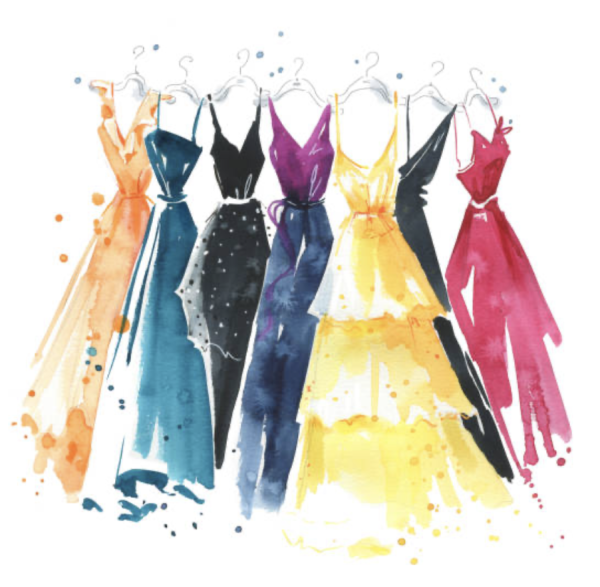



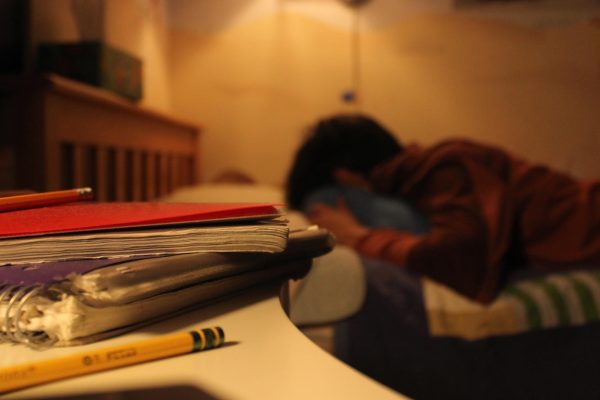

Lexi Chertkof • Feb 21, 2023 at 12:23 pm
I really like the article and completely agree (I’m a white Jew) and I think this is really important to address. I wanted to let you know that Sephardic Judaism is not Judaism in Latin America, it’s from the Iberian Peninsula in Spain and Portugal and they mostly fled to North Africa/other areas of the Ottoman Empire and ended up back in other areas of Europe (for the most part). Thank you for writing this article and it’s well done; just wanted to give you this correction.
Obse Abebe • Feb 25, 2023 at 12:10 pm
Thank you for pointing this out! The article will be revised.